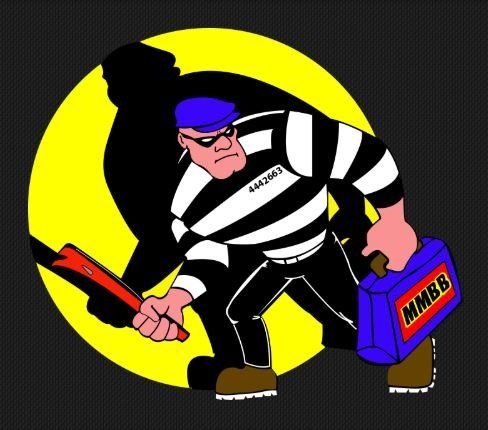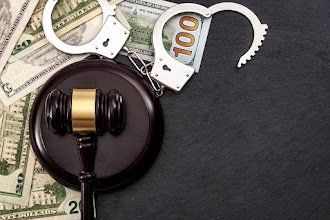4 Things to Do While You Are Out on Bail
Admin • September 1, 2020

If you are arrested, the good news is you may not have to sit in jail until your court date. In the case that you qualify for bail, you can be released under certain conditions. Chances are that you will need to use the services of a bail bond company to put up bail. Both the bail service and the courts will require that you follow certain rules while you are freely awaiting trial.
1. Cancel Your Travel Plans
You will likely have travel restrictions in place once you are released. These restrictions may be a legal condition of release, imposed by the bail proceedings in court, or the restrictions may be put into effect by the bail bond service.
At a minimum, restrictions typically apply to any travel outside of the state, including travel both within and outside of the US. The court or bail service may also restrict travel within the state, depending on the nature of the charges and your past history.
You may be able to get special permission to travel, such as for planned necessary medical procedures. If these special permissions are granted during your bail hearing, verify that the bail company you utilize is willing to honor the travel exemption.
2. Return to Your Job
If you still have employment following your arrest and subsequent bail release, make a special effort to return to work and to perform your duties at the expected level. Maintaining your employment or seeking and beginning a new job shows a level of responsibility. Not only will this demonstrate that you are remaining a useful member of society, a job also shows ties to the community. Community ties reduce the chances of being considered a flight risk.
Job training programs are an option if you don't have a job and have trouble finding one. Consider starting a program as you await trial so you can demonstrate to the court your desire to improve your life and commit no further crimes.
3. Keep Up With Court Dates
Do not miss a single hearing or court date. Doing so is consider bail jumping, and it is a crime in and of itself. Failure to show up at court typically results in the issue of a warrant and forfeiture of the bail bond to the court.
You may be able to avoid arrest and remain out on bond if you contact the court immediately after missing a court date, but only if the court accepts your excuse. In some cases, the amount of your bond may be increased, even if you are allowed to remain free.
Even if the court forgives the missed court date, your bail company may not. They may still call in the bond or refuse to provide the current bond amount or any increased amount. If you are worried about missing a court date, it is much better to reschedule ahead of time rather than chance the loss of your bail money.
4. Follow All Bail Conditions
There are certain bail conditions that are set by the courts, as well as those imposed by your bail service. Conditions from both entities can vary, depending on your past history and the current charges. Bail companies typically include conditions such as no travel outside of the court jurisdiction. They will also require immediate notification if you move. Failure to follow these conditions can result in arrest or loss of the bond.
Contact both the court and your bail company if you are in doubt. Often, you can receive written permission to override a condition if it is absolutely necessary, such as to travel to a job site or to attend a funeral.
Contact
Matt McKeehan Bail Bonds for more assistance.














